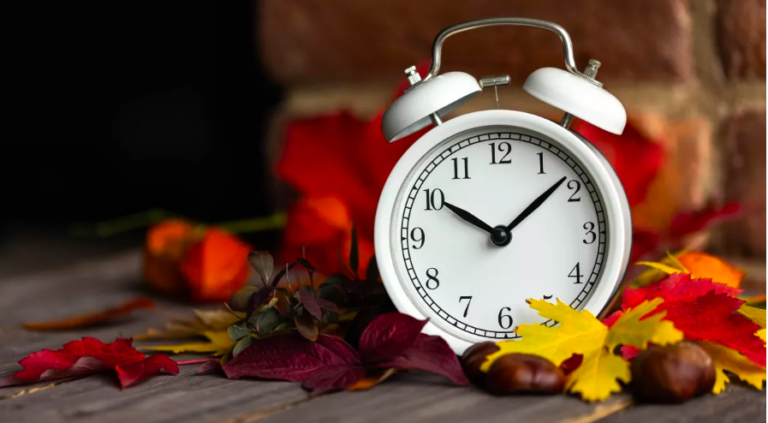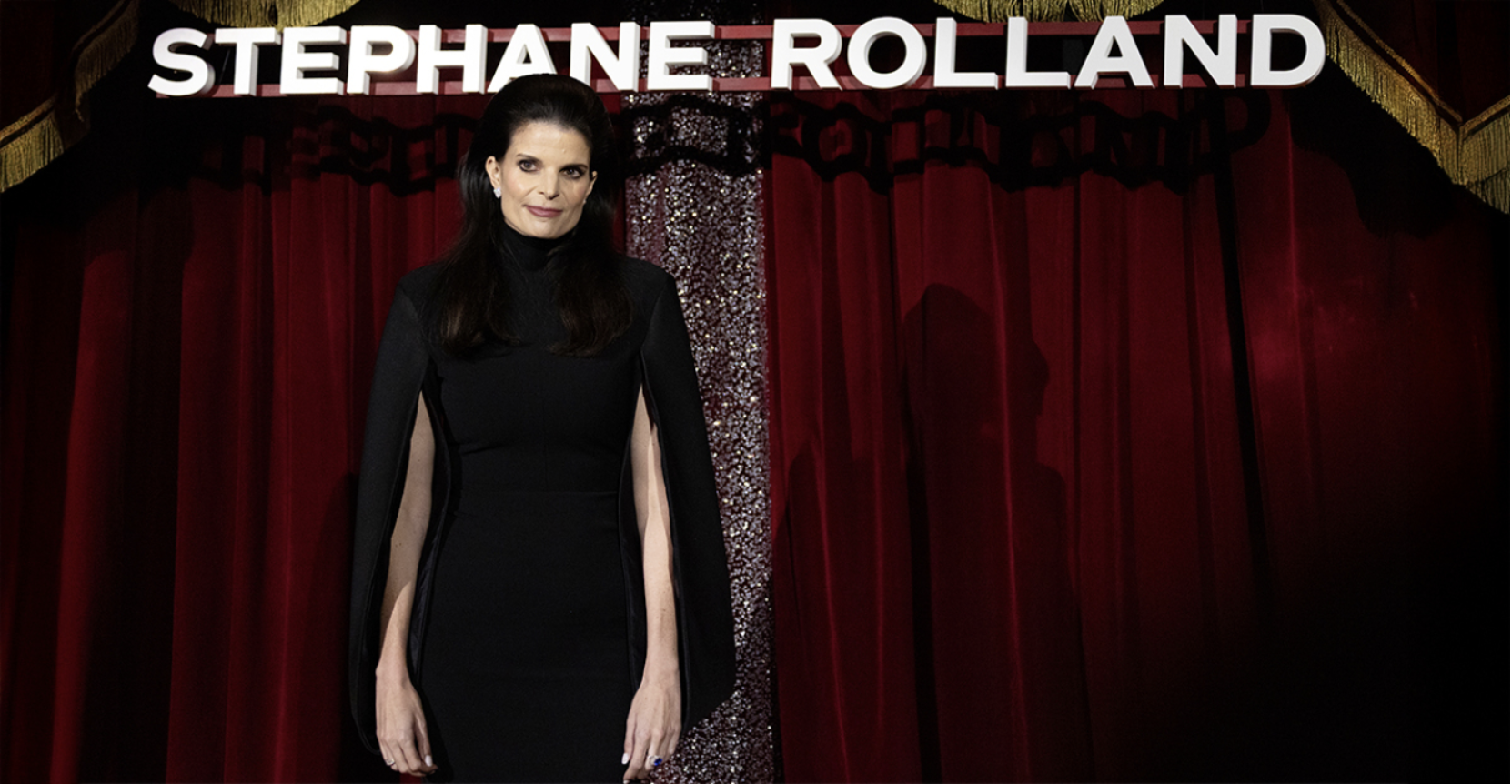On Sunday we will set our clocks back one hour to align with winter time. Proponents of the time change argue that we gain an hour of sleep. However, some believe we lose out in terms of mood and sleep quality due to this change.
On Sunday morning, our clocks will turn back one hour, marking the official start of the winter season. People will once again face darker days. How do they feel about this?
A new survey by Talker Research involving 2,000 participants reveals that 2 in 5 (40%) will experience “daylight saving scariest,” a type of melancholy caused by the reduced sunlight due to the time change. According to the findings, the anxiety stemming from this change begins about 11 days in advance and lasts for at least two weeks after the new time is established. The survey indicates that 59% of people would prefer a permanent solution to abolish the biannual time change, highlighting the widespread discomfort surrounding this issue.
Intergenerational Divide
Not everyone shares the same concerns, as age appears to play a significant role in how individuals cope with this change. Specifically, older individuals feel a stronger need to abolish the time change, while only half of millennials support ending daylight saving time. Conversely, nearly 70% of baby boomers believe it’s time to adopt a standard time and stick with it.
The research also revealed that only one-third of respondents (35%) believe that the benefit of gaining an extra hour of sleep in the fall is worth the loss of sunlight. This finding correlates with the fact that 77% of respondents feel more energized when the sun is out. After the end of daylight saving time, 70% feel that their day begins and ends in darkness, creating a nearly constant sense of sadness for many.
These mood changes are particularly pronounced among workers, who seem to be the most affected by the time change. Nearly half (48%) of working respondents report lacking daylight during their work hours, with 54% admitting to experiencing “sunshine melancholy” during the winter season.
However, the loss of sunlight impacts not only mood but also employee productivity, with 43% stating that the first week of the winter time is their most unproductive at work. Additionally, 31% admit that they make more mistakes during that period, highlighting the disorienting effect of the time change on their daily routine.
Sleep Disruptions and Need for More Rest
For many, the time change affects not only their mood and productivity but also creates chaos in their sleep schedule. One in five people (21%) reports that the time change disrupts their sleeping habits, while nearly 37% say they need more sleep in the days and weeks following the change. Some even require an extra hour and 24 minutes of sleep each night to feel fully rested.
“The sudden shift to shorter days and darker nights disrupts our sleep schedule,” says Mark Abrials, CMO at Avocado Green Mattress. “Everyone becomes a bit more irritable, moody, and lethargic.”
“The autumn time change is a challenge,” notes Amy Sieman from Avocado Green Mattress. “The early darkness makes us feel more easily fatigued and more prone to staying indoors, which encourages a sedentary lifestyle and neglect of fun outdoor activities.”
Not Everyone Changes Clocks
Those who are particularly unhappy with the time change should know that there are at least two places in the world that do not follow this practice: Arizona and Hawaii. Arizona abandoned daylight saving time in 1968, citing extreme summer heat and negligible energy savings, while Hawaii, due to its proximity to the equator and minimal variation in daylight throughout the year, has never adopted this practice. In Europe, discussions about abolishing the time change have been ongoing for years, but a final decision is still pending.
Ask me anything
Explore related questions





